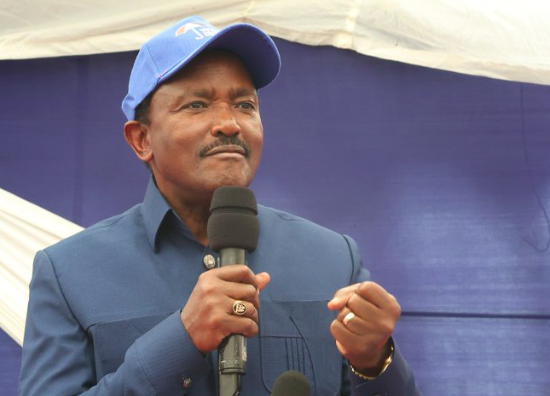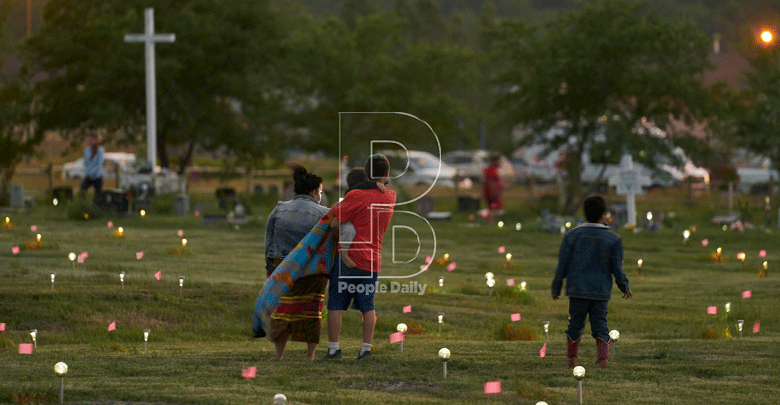Path to accountability for Canada’s school graves
By Agencies, June 28, 2021Ottawa, Monday
Niigaanwewidam Sinclair says the recent discoveries of mass graves of Indigenous children have vindicated what his community has long known.
“Every Indigenous community has stories of lost children, so none of this is surprising,” Sinclair, associate professor at the University of Manitoba, told Al Jazeera.
“The only surprising element really is that Canadians are so surprised.”
At least three First Nations in Canada recently uncovered hundreds of unmarked graves of Indigenous children on the grounds of former “residential schools” – government-founded, assimilation institutions that were run by various churches for more than 100 years.
Physical abuse
From the late 1800s until 1996, Canada forcibly removed 150,000 Indigenous children from their families and forced them to attend the institutions.
They were made to cut their long hair, forbidden from speaking their languages, and many were physically and sexually abused. Thousands are believed to have died.
For decades, survivors have known of their deaths, but now with more access to technology, the graves are being examined.
As First Nations publicise the exact numbers of lost children, a wave of grief has crashed through Indigenous communities.
The findings have also fuelled calls for accountability from Ottawa and the churches that ran day-to-day operations at the institutions – notably the Roman Catholic Church, which was in charge of most of them.
But Indigenous leaders say neither the federal government nor the Catholic Church have done enough to address continuing harms caused by the institutions – nor have they acted to implement a long list of recommendations put out by a federal commission of inquiry in 2015.
That commission concluded Canada had committed “cultural genocide” through the residential schools system.
“They don’t have a plan, they don’t have the means or the political will to deliver on the small amount of initiatives that they’ve committed to, and if anything, they’ve disappointed widely on the commitments they make. Their words don’t match their actions,” said Sinclair, referring to the Canadian government.
The Truth and Reconciliation Commission (TRC) was envisioned as a way to document the stories of residential school survivors and bring them justice, but years after the TRC issued its calls to action, Canada and the Catholic Church have only implemented eight of 94 recommendations, a December 2020 report by the First-Nation-led research centre, the Yellowhead Institute, found. – Agencies
More Articles

